Caligula, born Gaius Julius Caesar Augustus Germanicus, reigned as Emperor of the Roman Empire from 37 to 41 AD. His rule is marked by extreme brutality, madness, and extravagance, making him one of history’s most tyrannical emperors. Caligula’s atrocities extended beyond the abuse of power and persecution of political enemies to include disdain for the common people and societal norms. His actions brought significant chaos and disaster to the Roman Empire. Below are detailed explanations of why Caligula is considered one of the world’s most brutal emperors.
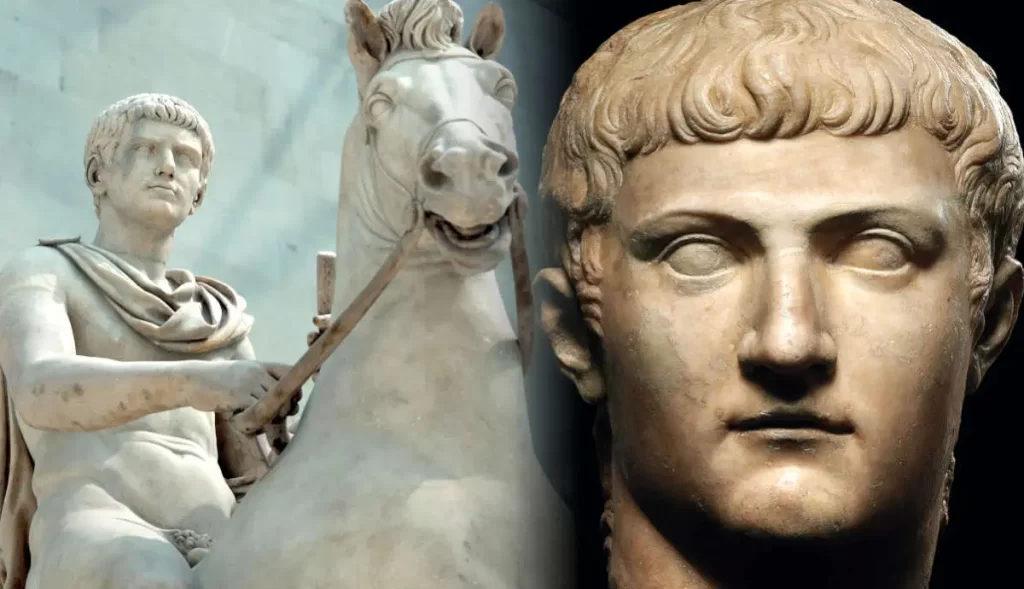
Extreme Abuse of Power
Initially, Caligula was well-loved by the people, but he soon exhibited extreme abuse of power. He considered himself a deity and demanded that his subjects worship him as a god. He even erected statues of himself across Rome and forced people to offer sacrifices to him. This monopolization and misuse of divine authority eroded the trust and respect of the populace.
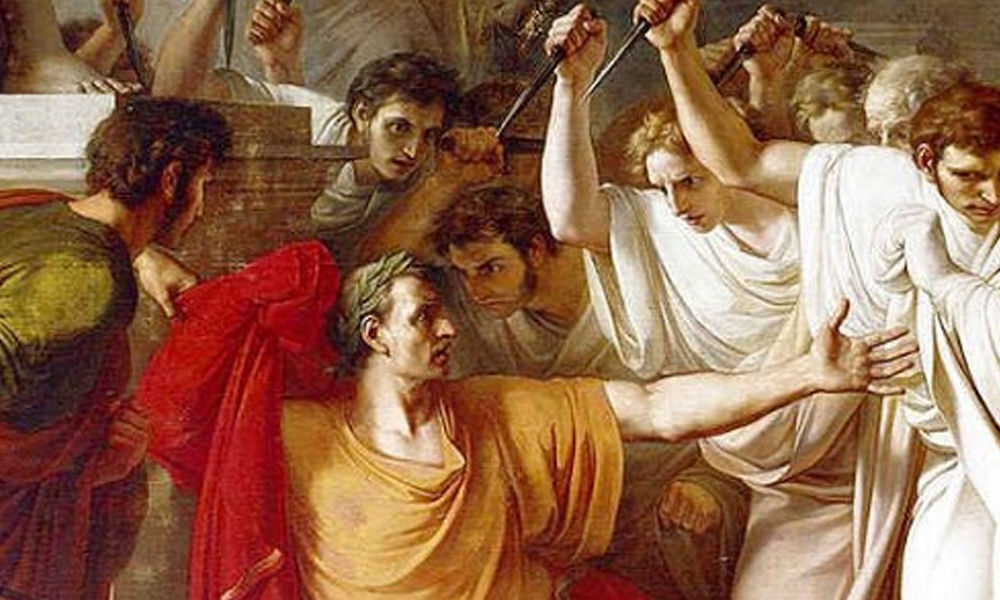
Cruel Persecution of Political Enemies
Caligula mercilessly persecuted anyone who threatened his power. He executed many members of the Senate and nobility on various pretexts, including his own relatives. His reign was filled with terror and uncertainty, as anyone could be executed for a word or action deemed treasonous. Caligula’s brutality stemmed not only from political necessity but also from personal paranoia and madness.
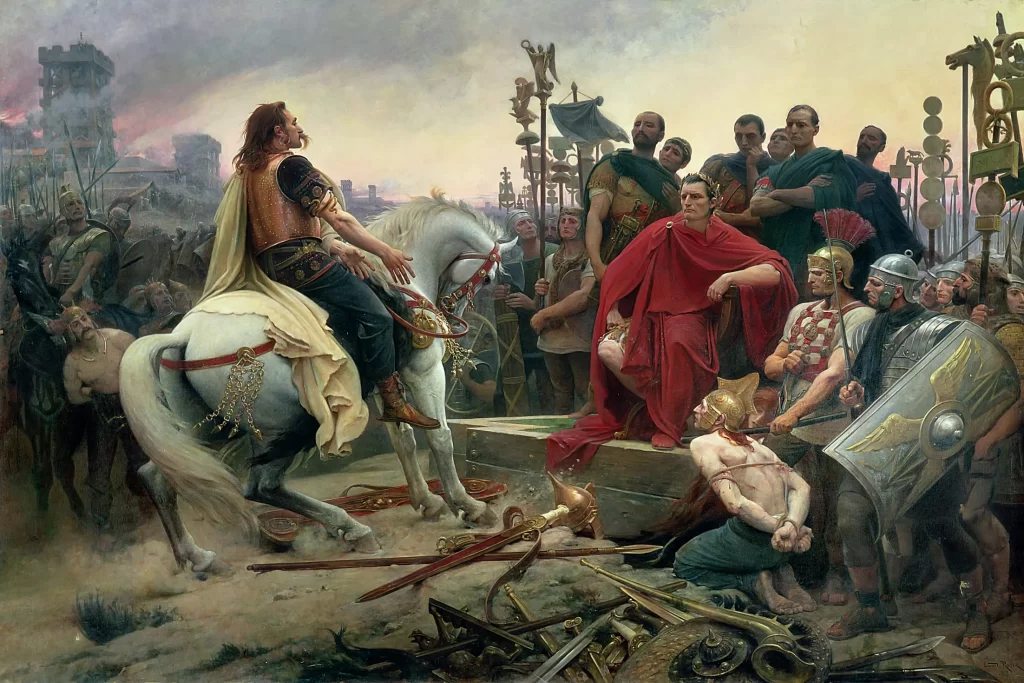
Atrocities Against Common People
Caligula’s attitude towards common people was equally ruthless. Under the guise of entertainment, he forced citizens to participate in brutal gladiatorial contests, occasionally taking part in the killings. His disregard for life and fondness for violence were evident throughout his reign. It is said that he once ordered slow executions to enjoy the suffering of the condemned.
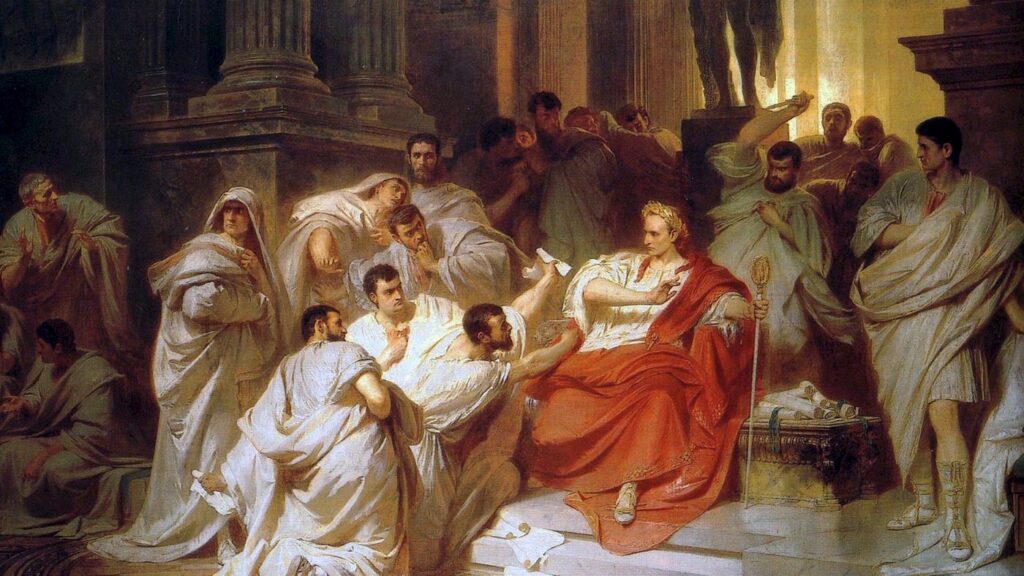
Extravagance and Economic Exploitation
Caligula’s luxurious lifestyle was another aspect of his brutal rule. He spent lavishly, depleting the imperial treasury. To satisfy his desires, he increased taxes and exploitation of the populace. He coerced wealthy families into donating their fortunes to him and openly auctioned government positions for money. This economic plundering further impoverished and destabilized society.
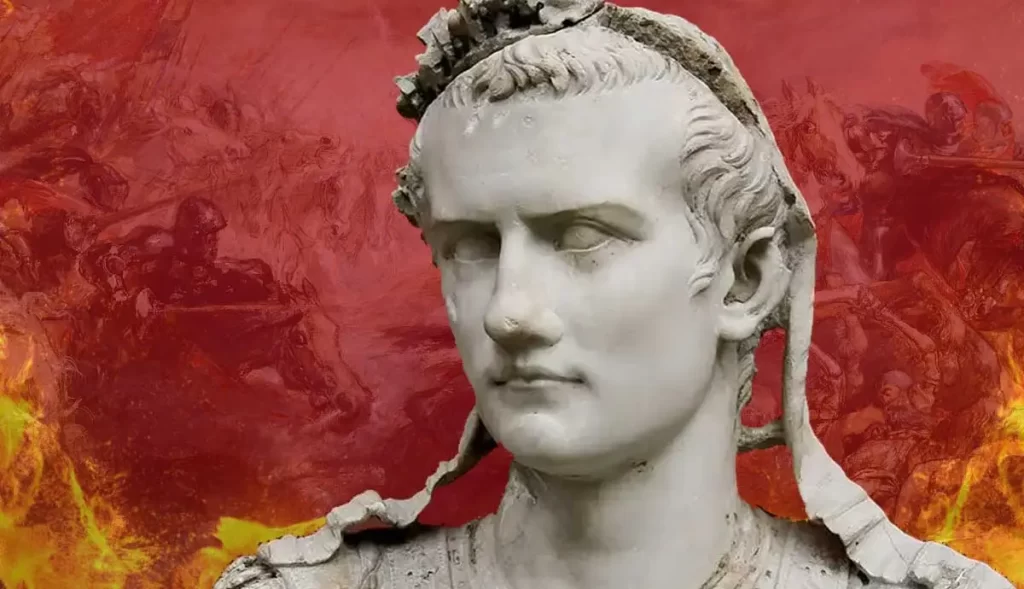
Insane Behavior and Mental Instability
Many of Caligula’s actions demonstrated clear signs of mental instability. For instance, he attempted to appoint his horse, Incitatus, as a consul, mocking traditional institutions and norms. He also claimed to be a god and demanded worship from the people in divine rituals. This madness and arrogance not only intensified his tyrannical rule but also cemented his legacy as a symbol of brutality and insanity in history.
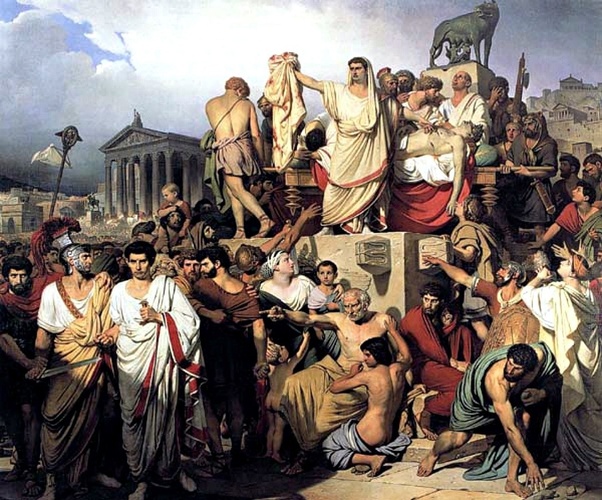
Political and Social Turmoil
Caligula’s reign caused immense political and social turmoil. His tyranny and cruelty threw the Roman political system into chaos and instability. The Senate’s authority was weakened, the nobility was oppressed, and ordinary citizens lived in constant fear. Ultimately, Caligula’s brutal rule led to his own downfall, as he was assassinated by members of the Praetorian Guard, highlighting the failure and instability of his reign.
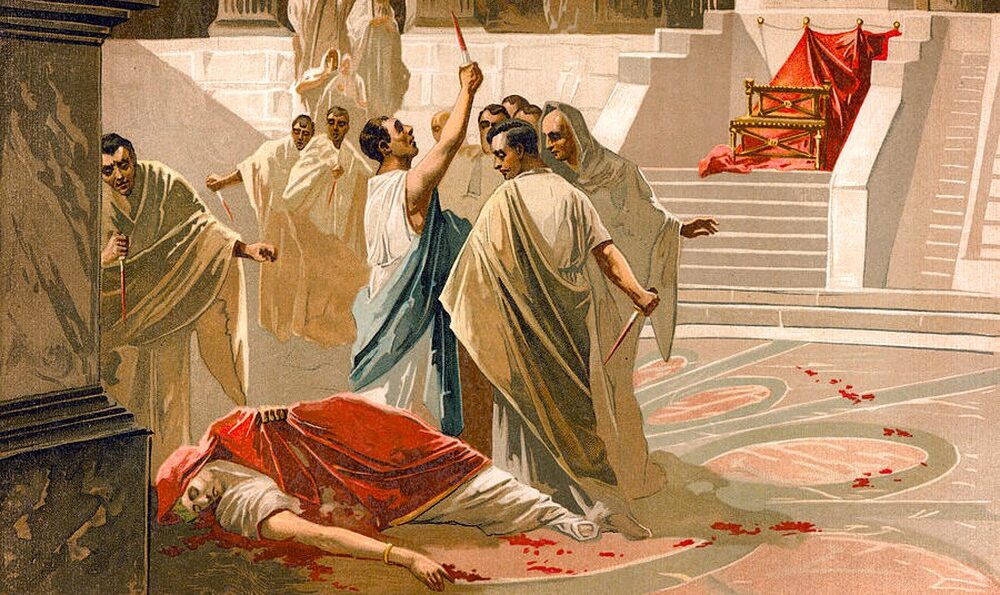
Caligula’s extreme brutality, madness, and extravagance have left a lasting mark on history. His tyranny brought profound disaster to Rome and cast a dark shadow over history. The abuse of power, persecution of political enemies, atrocities against common people, and economic exploitation were all hallmarks of his brutal rule. Caligula’s actions reflected not only personal madness and mental instability but also inflicted severe damage on Roman society and political systems. Therefore, Caligula is considered one of the world’s most brutal emperors, and his reign is a classic example of ruthless despotism.









